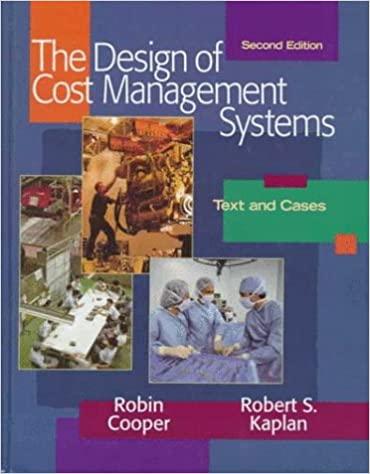Question
After graduating near the top of his class, Ben Naegle was hired by the local office of a Big 4 CPA firm in his hometown.
After graduating near the top of his class, Ben Naegle was hired by the local office of a Big 4 CPA firm in his hometown. Two years later, impressed with his technical skills and experience, Park Electronics, a large regional consumer electronics chain, hired Ben as assistant controller. This was last week. Now Bens initial excitement has turned to distress.
The cause of Bens distress is the set of financial statements hes stared at for the last four hours. For some time prior to his recruitment, he had been aware of the long trend of moderate profitability of his new employer. The reports on his desk confirm the slight, but steady, improvements in net income in recent years. The trend he was just now becoming aware of, though, was the decline in cash flows from operations.
Ben had sketched out the following comparison ($ in millions):
Profits? Yes. Increasing profits? Yes. The cause of his distress? The ominous trend in cash flow which is consistently lower than net income.
Upon closer review, Ben noticed three events in the last two years that, unfortunately, seemed related:
Parks credit policy had been loosened; credit terms were relaxed, and payment periods were lengthened.
Accounts receivable balances had increased dramatically.
Several of the companys compensation arrangements, including that of the controller and the company president, were based on reported net income.
Required
What is so ominous about the combination of events Ben sees?
What course of action, if any, should Ben take?
Step by Step Solution
There are 3 Steps involved in it
Step: 1

Get Instant Access to Expert-Tailored Solutions
See step-by-step solutions with expert insights and AI powered tools for academic success
Step: 2

Step: 3

Ace Your Homework with AI
Get the answers you need in no time with our AI-driven, step-by-step assistance
Get Started


